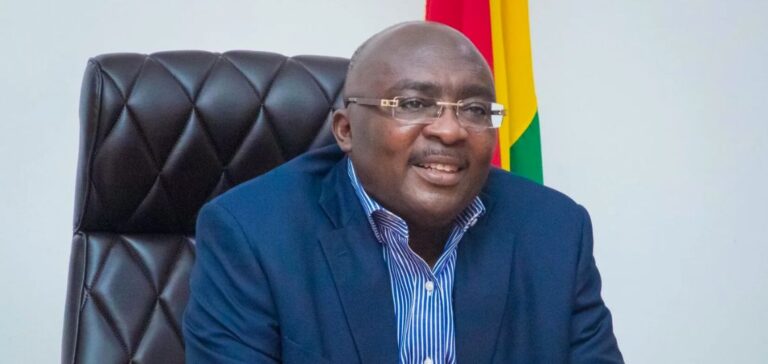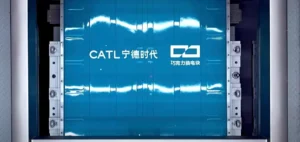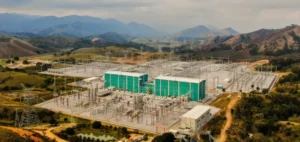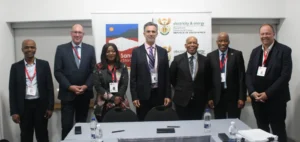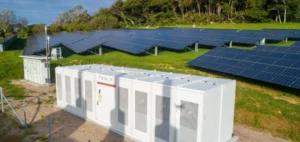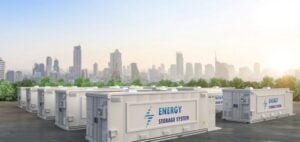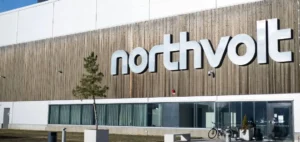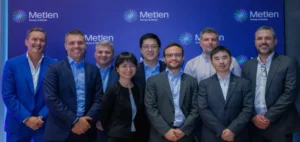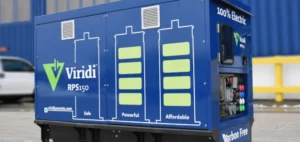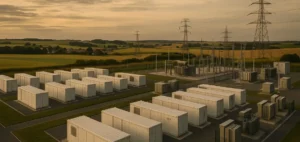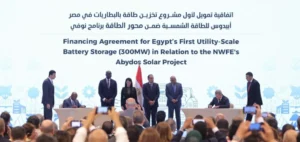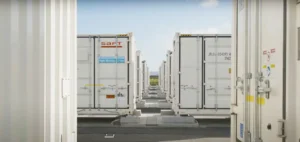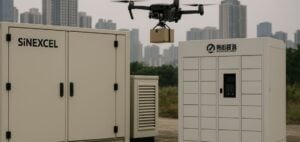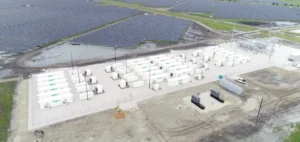In Ghana, the government wants to buy petroleum products with gold rather than with U.S. dollar reserves.
A financial crisis
In Ghana, this measure is aimed at combating the decline in foreign exchange reserves and the demand for dollars by oil importers. This weakens the local currency and increases the cost of living. The implementation of this new policy would take place in the first quarter of 2023.
Ghana’s vice president, Mahamudu Bawumia, announced this fundamental change in the balance of payments. This will significantly reduce the persistent depreciation of the currency, the Cedi. The country’s gross international reserves stood at about $6.6 billion at the end of September 2022.
This reserve is equivalent to less than three months of import cover. According to the Ghanaian government this is down from about $9.7 billion at the end of last year. Thus, the use of gold prevents the exchange rate from having a direct impact on fuel or utility prices.
Depreciation of the Cedi
Sometimes countries trade oil for other goods or commodities. However, these transactions generally involve an oil-producing nation receiving non-oil goods rather than the other way around. Ghana produces crude oil but depends on imports for refined petroleum products.
Ghana’s only refinery was closing after an explosion in 2017. The announcement comes as Finance Minister Ken Ofori-Atta announces measures to reduce spending and increase revenues. These measures are intended to combat the spiral of the debt crisis.
In a presentation of the 2023 budget to parliament, Ofori-Atta, the Minister of Finance, warned that the West African nation was at high risk of debt distress. The depreciation of the cedi is also seriously affecting Ghana’s ability to manage its public debt. The Ghanaian government is currently negotiating an aid package with the International Monetary Fund.

